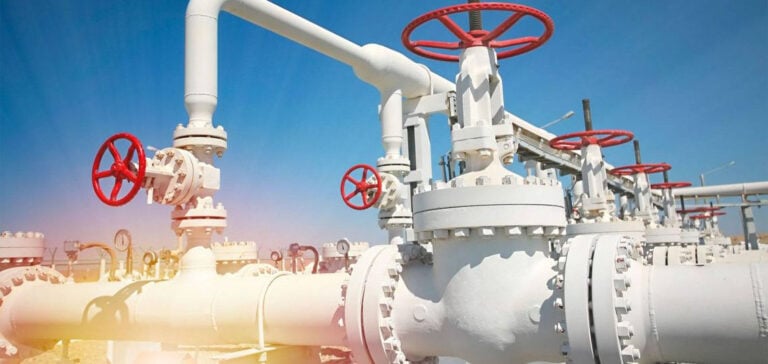Egypt is usually an LNG exporter, but this time it was forced to look for alternative sources due to the dwindling supply of Israeli gas. Available information indicates that Egypt rarely imports LNG, the last recorded shipment being 60,000 metric tons in July.
LNG on board the Maran Gas Kalymnos LNG tanker
The LNG was shipped aboard the Greek-flagged LNG tanker Maran Gas Kalymnos. The vessel docked at the Gulf of Suez terminal on November 3, carrying both LNG and oil. Unloading operations have been successfully completed, but the vessel remains moored, according to available data.
The consequences of Hamas attacks on Egyptian gas supplies
This situation stems from the recent tension on the European gas market caused by the war between Israel and Hamas, which began on October 7. Israel has become a major regional gas supplier since 2020, and is one of the main sources of gas for LNG liquefaction terminals in Egypt. Growing demand in Egypt and production cuts in 2022 and 2023 have increased dependence on Israeli gas to meet domestic demand.
The challenge of resuming LNG operations in Egypt
However, Hamas attacks on the gas platforms operated by Chevron, Tamar and Leviathan led to the closure of these facilities in Israel, thus halting Egyptian gas imports. This situation has raised concerns about Egypt’s ability to resume LNG operations.
On October 29, an Egyptian government spokesman announced that gas imports from Israel had fallen to zero, compared with the previous 800 million cubic feet per day.
DES Middle East Marker price assessment for December
Platts, a division of S&P Global Commodity Insights, estimated the DES Middle East Marker price for December at $15.063 per million BTU.
This exceptional import of LNG into Egypt reflects the gas supply challenges facing the country as a result of recent regional events. The situation also illustrates the importance of diversifying energy sources to guarantee a stable energy supply in Egypt. It will be interesting to see how this situation develops, and what steps the Egyptian government takes to address these unexpected energy challenges.






















